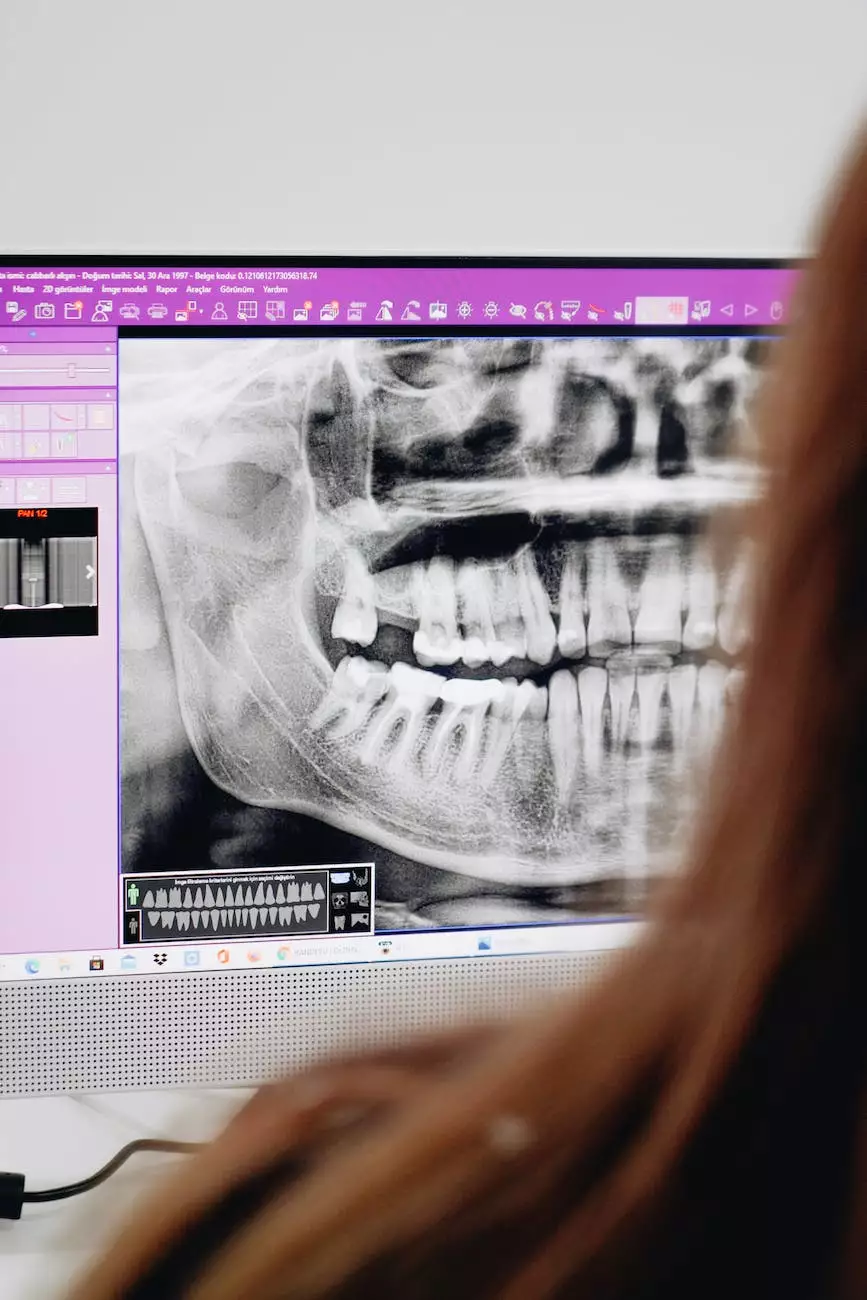How a Healthy Heart Can Benefit Your Brain
Blog
The Heart-Brain Connection: Unveiling the Intriguing Link
When considering the intricate dependencies that exist within our bodies, it's impossible to overlook the compelling connection between heart health and brain function. While these two organs seemingly operate independently, emerging research suggests an interdependence that can significantly impact our overall well-being.
The Role of Cardiovascular Health in Cognitive Abilities
Studies have shown that maintaining a healthy heart can lead to enhanced cognitive abilities and a reduced risk of neurological disorders. The brain, being a highly oxygen-dependent organ, relies on a strong and efficient cardiovascular system to deliver essential nutrients and oxygen-rich blood.
The Importance of Blood Flow and Oxygenation
Proper blood flow and oxygenation are crucial for optimal brain performance. When the heart pumps effectively, it ensures an adequate supply of oxygen and nutrients throughout the body, including the brain. This enables neurons to function optimally and maintain cognitive functions such as memory, learning, and problem-solving.
The Impact of Hypertension on Brain Function
Hypertension, or high blood pressure, is a condition known to impair cardiovascular health. It can have detrimental effects on brain function as well. Uncontrolled hypertension can lead to reduced blood flow to the brain, potentially causing cognitive decline and increasing the risk of dementia and stroke. Taking proactive steps to manage blood pressure is vital for preserving brain health.
The Surprising Link Between Heart Health and Mental Well-being
Did you know that maintaining a healthy heart can also positively impact your mental well-being? Research has revealed a fascinating association between cardiovascular health and mental health. A healthy heart has been associated with a reduced risk of depression, anxiety, and other mental health conditions. Prioritizing your heart health can contribute to overall emotional well-being and a higher quality of life.
Tips for Maintaining a Healthy Heart and Brain
To optimize both your cardiovascular health and brain function, consider incorporating the following practices into your lifestyle:
1. Regular Exercise
Engage in aerobic exercises like brisk walking, jogging, or cycling to increase your heart rate and improve blood circulation. Aim for at least 150 minutes of moderate-intensity exercise per week.
2. Heart-Healthy Diet
Consume a balanced diet consisting of fruits, vegetables, whole grains, lean proteins, and healthy fats. Limit your intake of processed foods, saturated fats, and added sugars, which can negatively impact both your heart and brain health.
3. Manage Stress
Chronic stress can take a toll on your cardiovascular system and mental well-being. Practice stress management techniques such as meditation, deep breathing exercises, and engaging in activities that bring you joy.
4. Get Sufficient Sleep
Adequate sleep is vital for overall health, including heart and brain health. Aim for 7-9 hours of quality sleep each night to support optimal cognitive function and cardiovascular well-being.
5. Regular Health Check-ups
Visit your trusted healthcare professional, such as Richard Martinez, MD, regularly for comprehensive health check-ups. Regular screenings and assessments can help identify and address any potential heart or brain health concerns.
Conclusion
Awareness of the profound connection between a healthy heart and brain function is key to leading a fulfilling and well-rounded life. By prioritizing your cardiovascular health through proper exercise, diet, stress management, and sleep, you can significantly improve both your heart and brain function. Remember, well-being is an integration of various factors, and taking care of your heart is undoubtedly a stepping stone towards optimizing your brain's potential.










